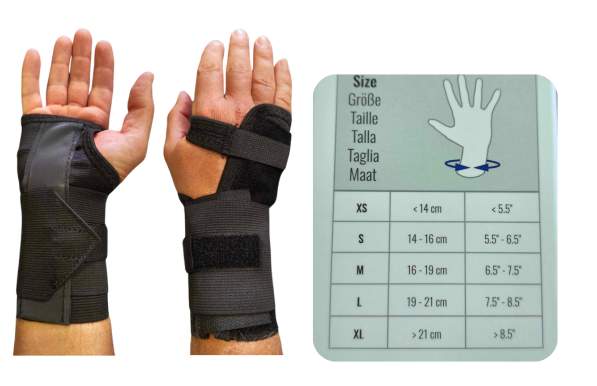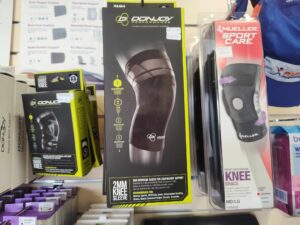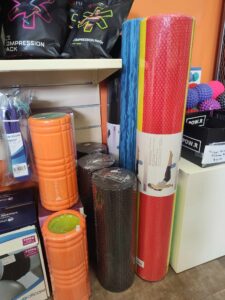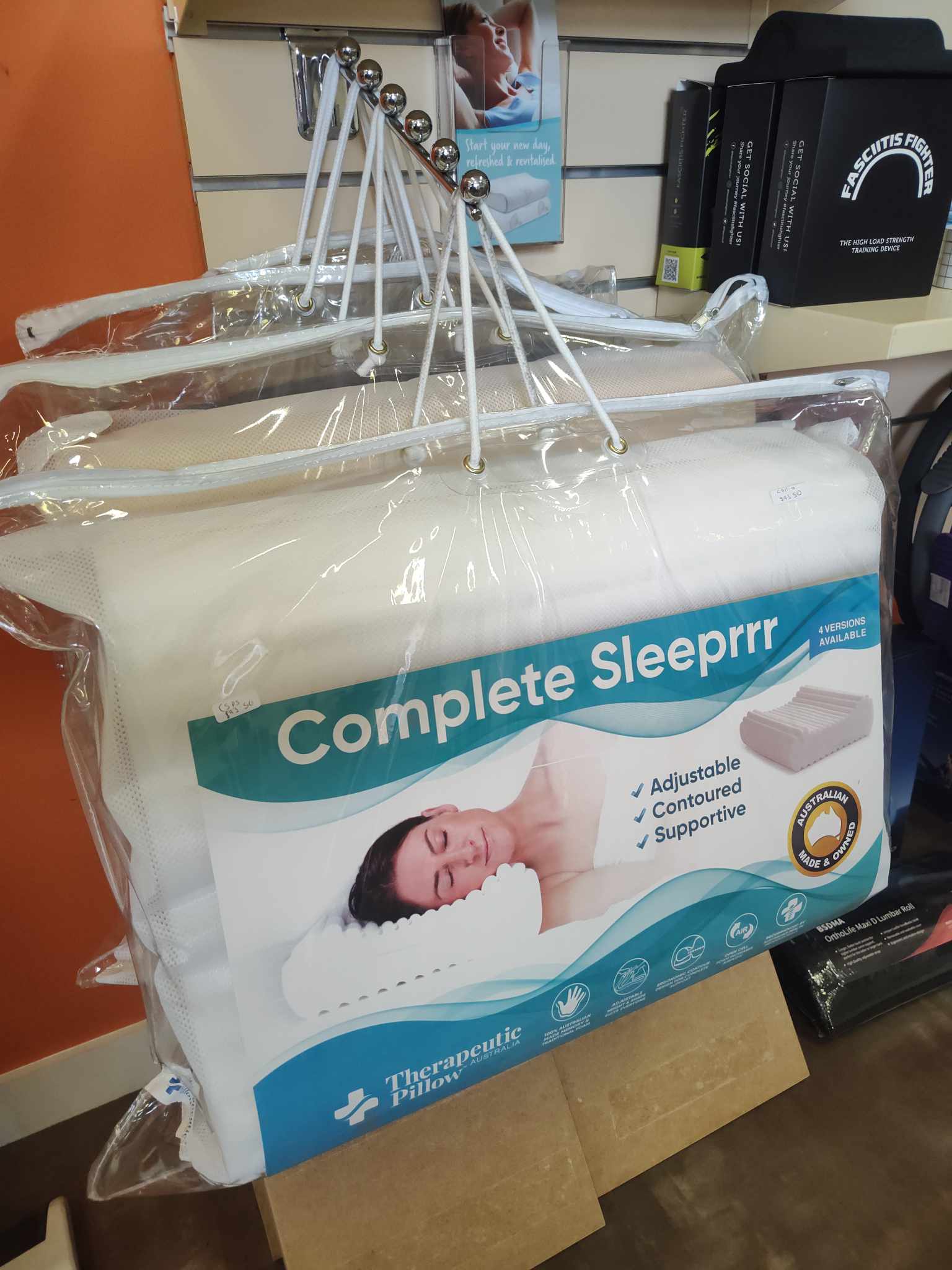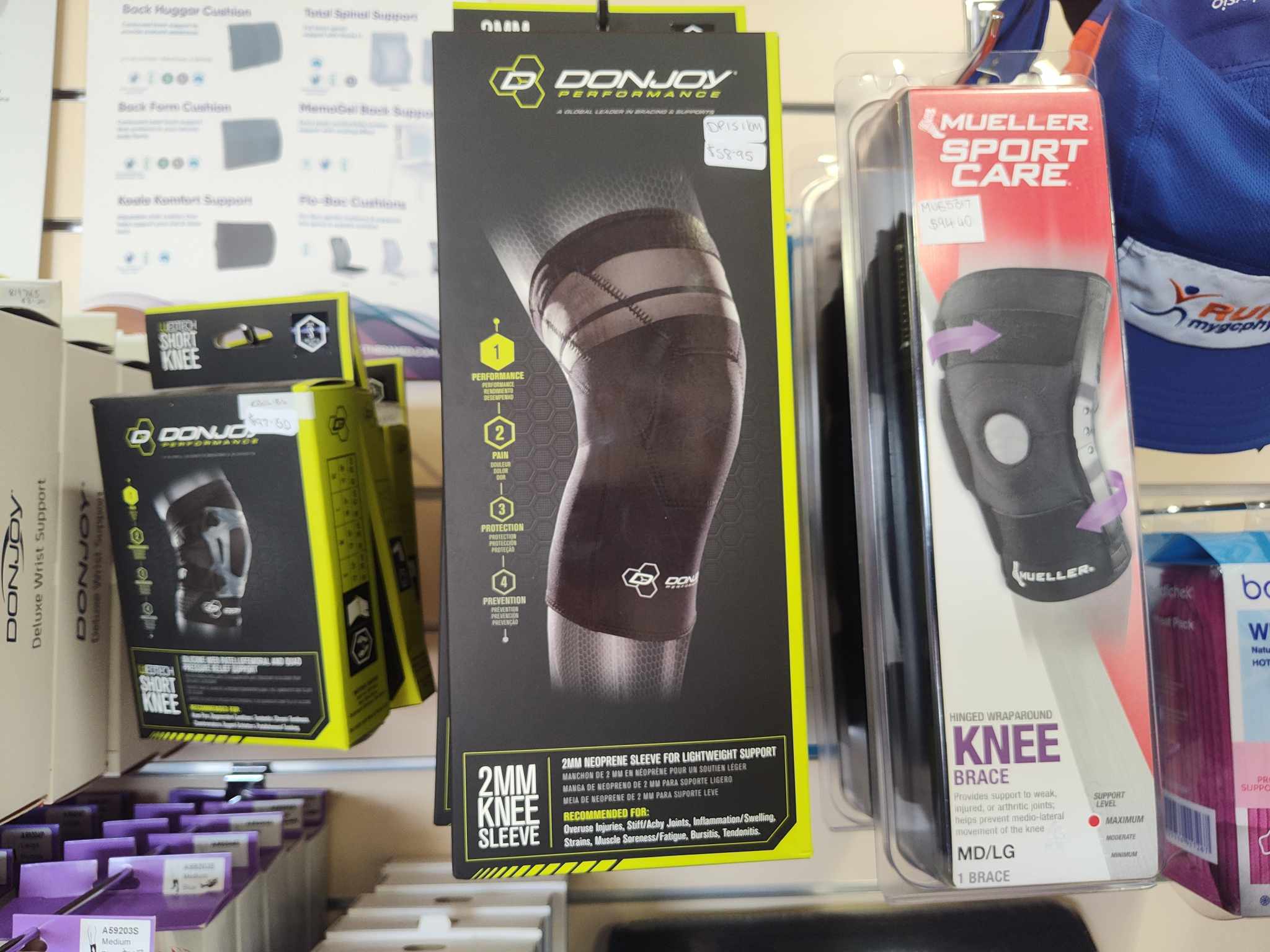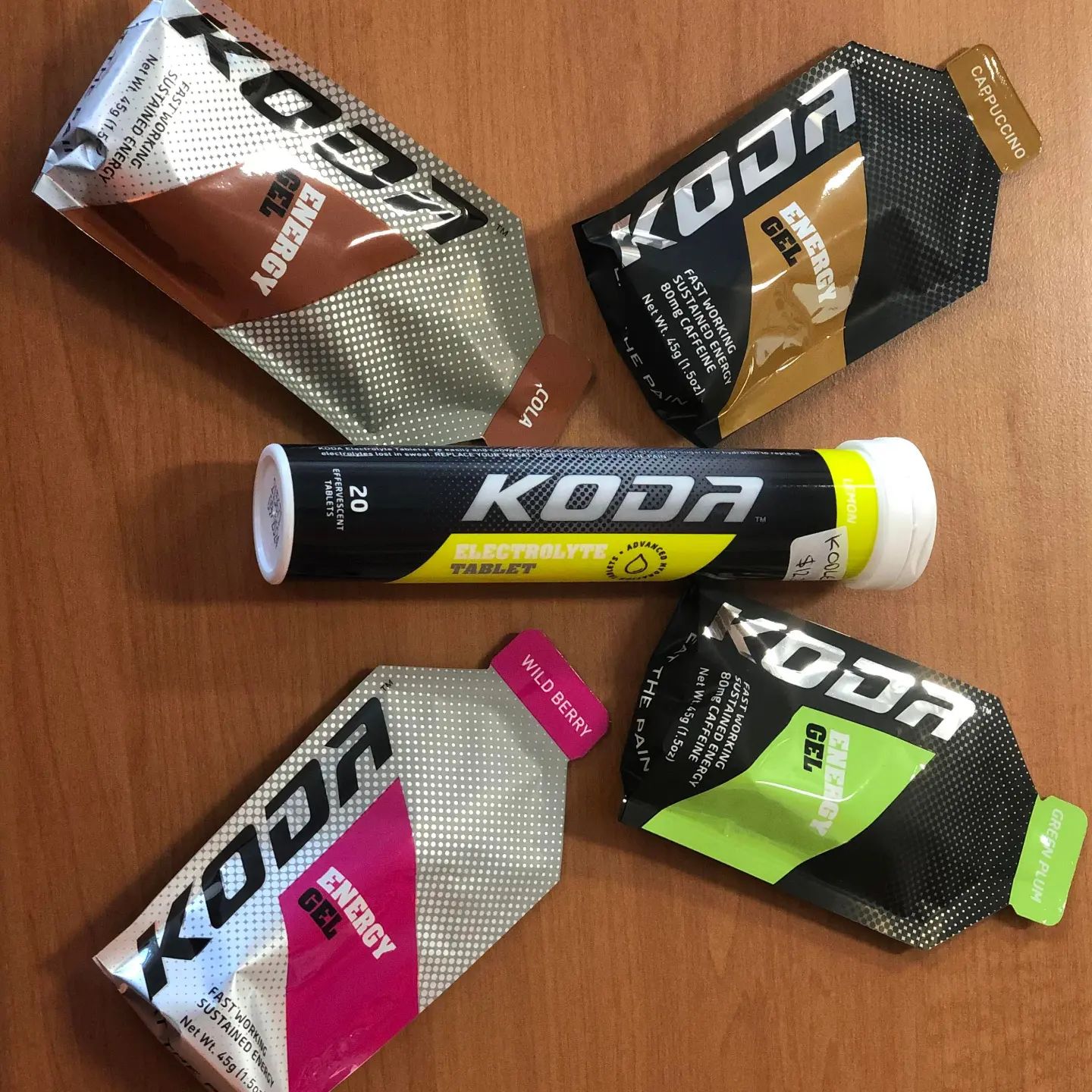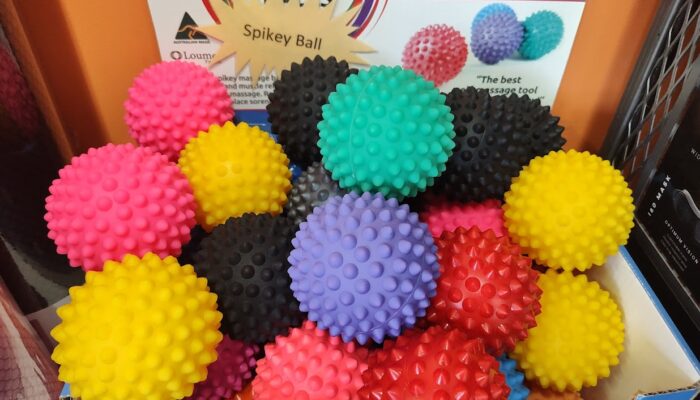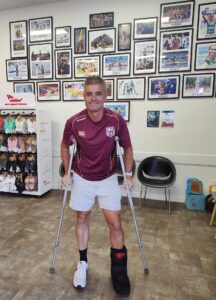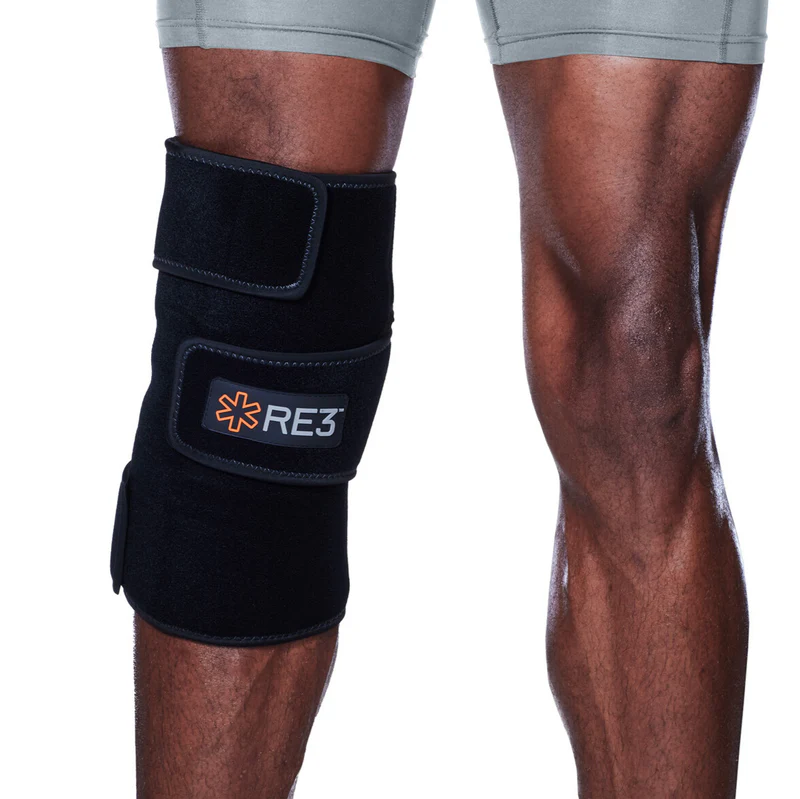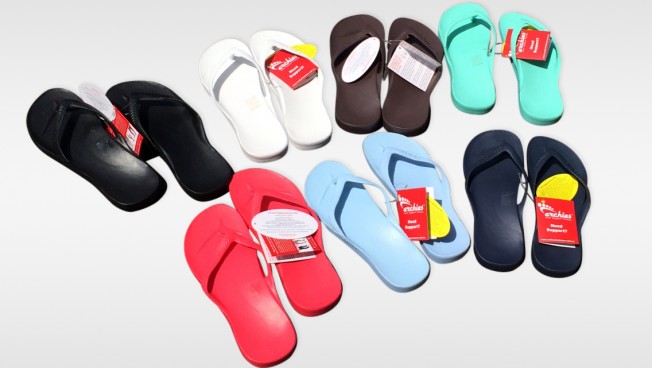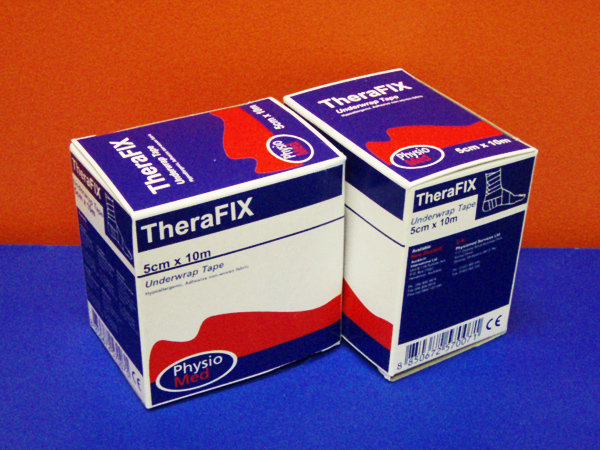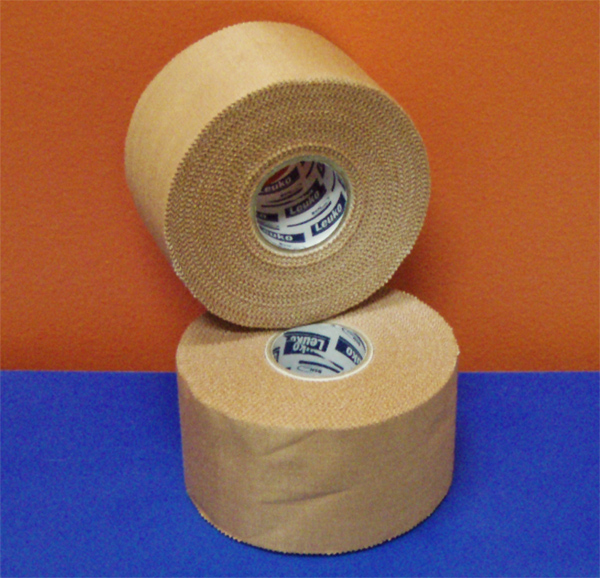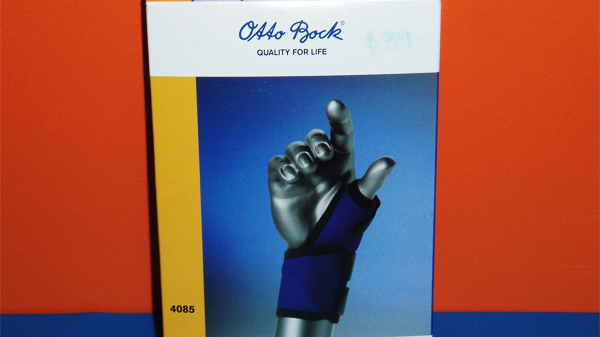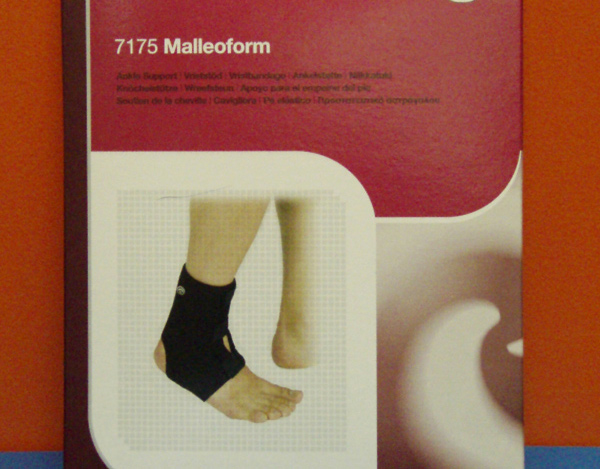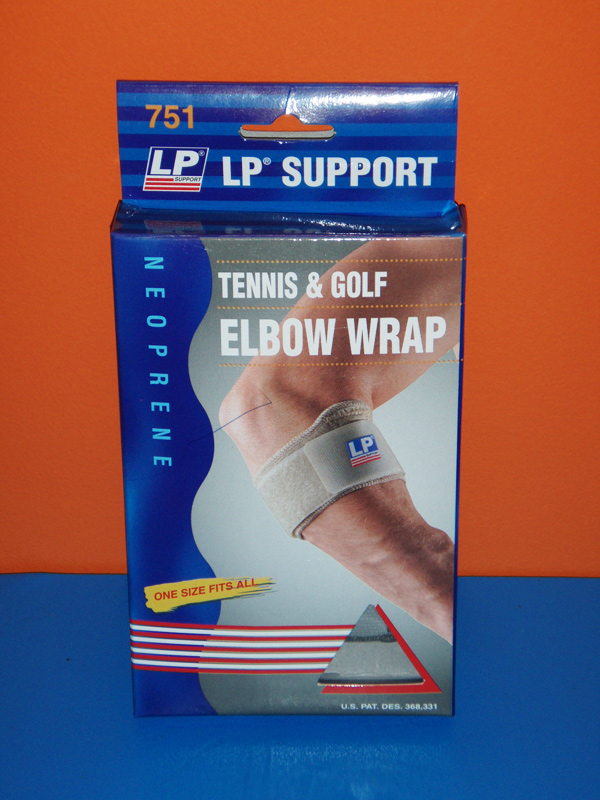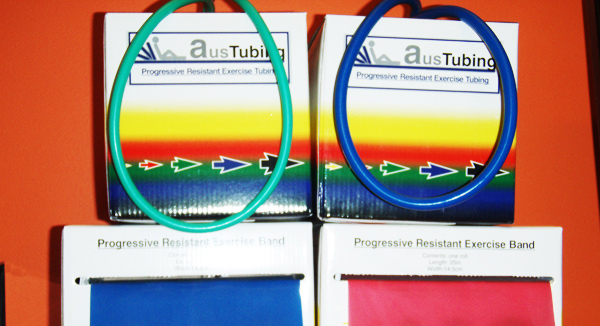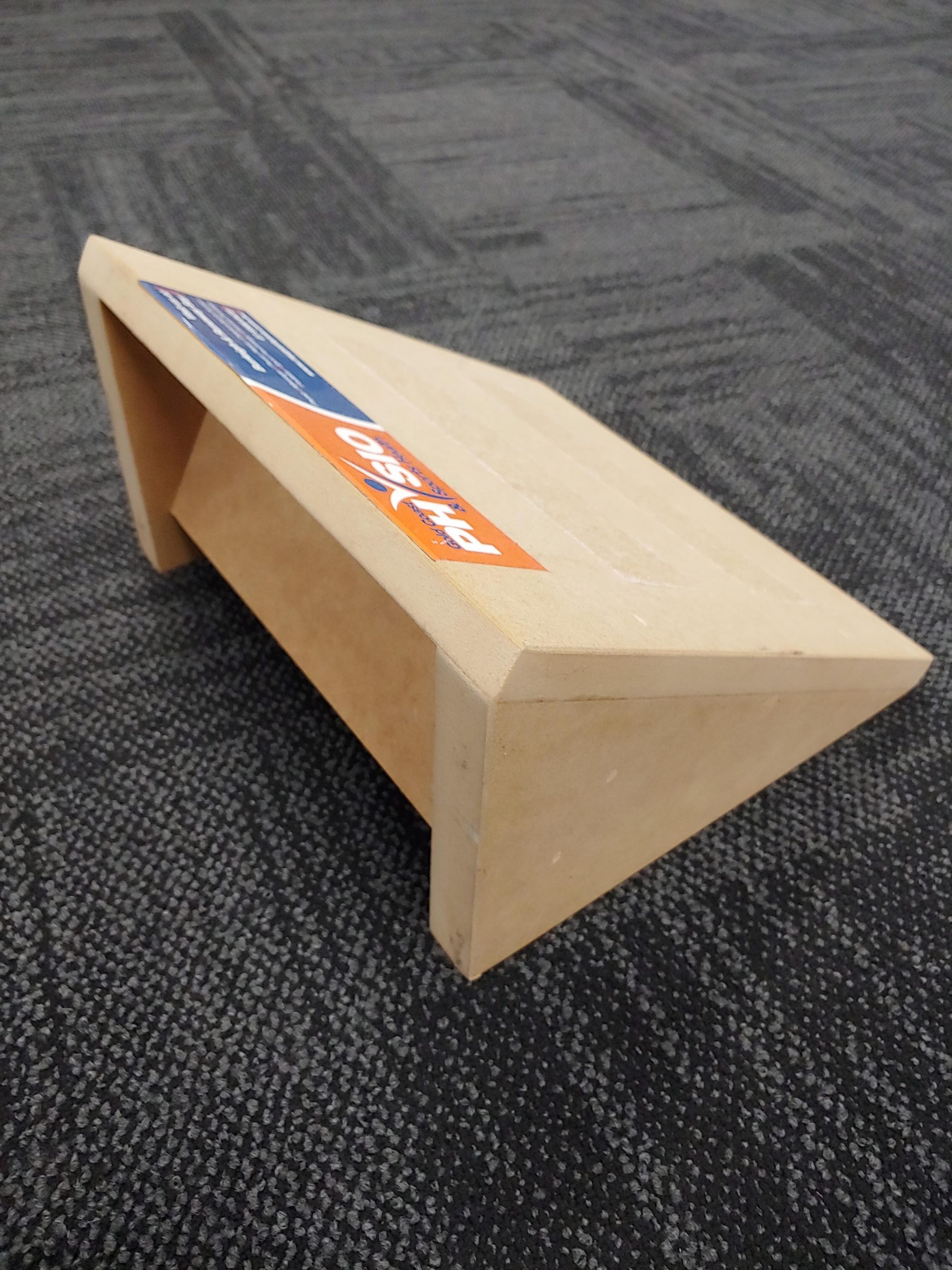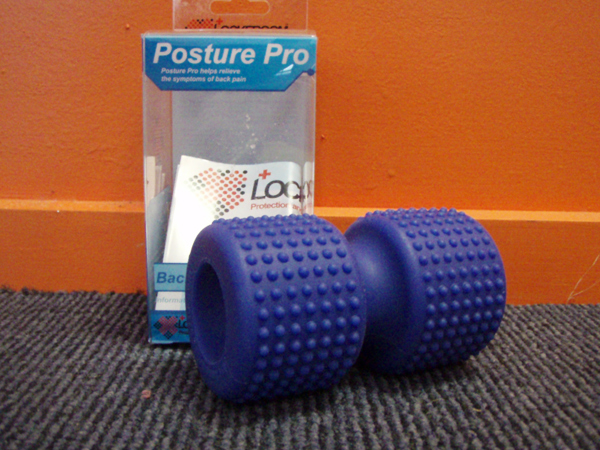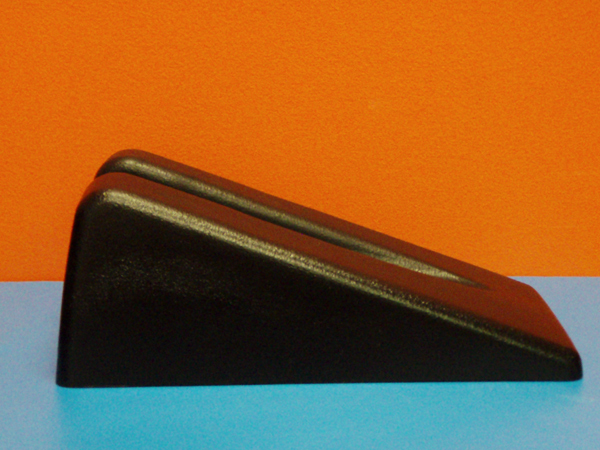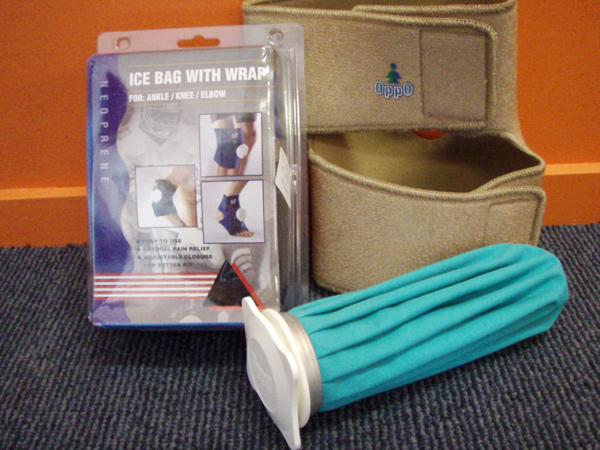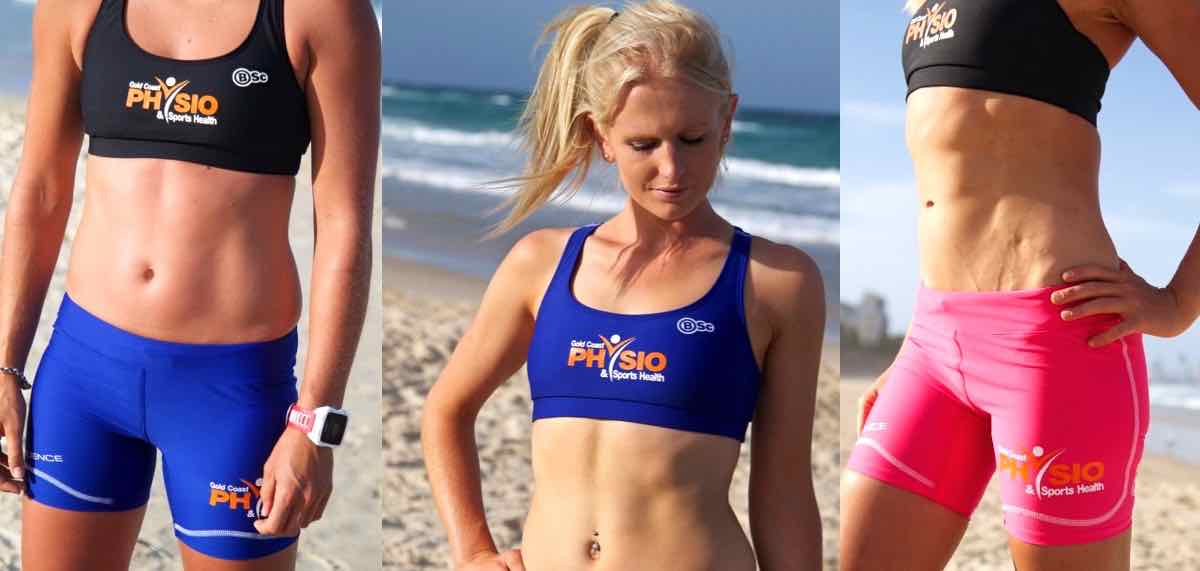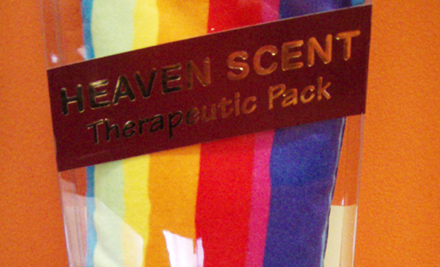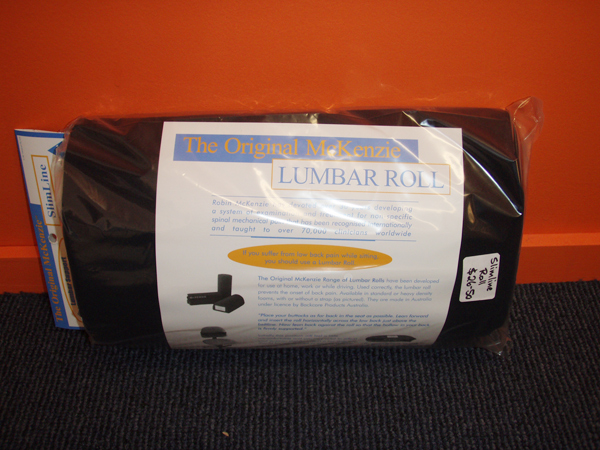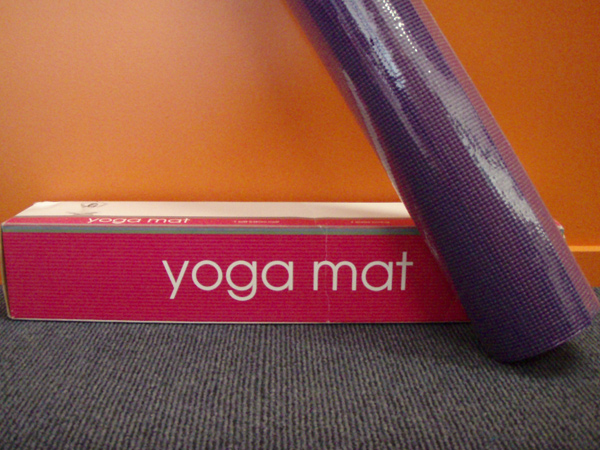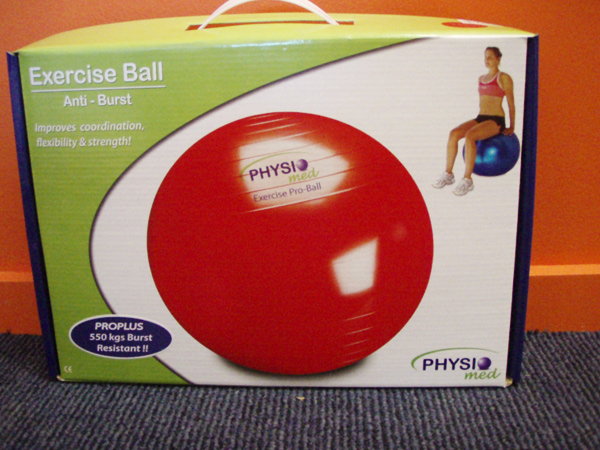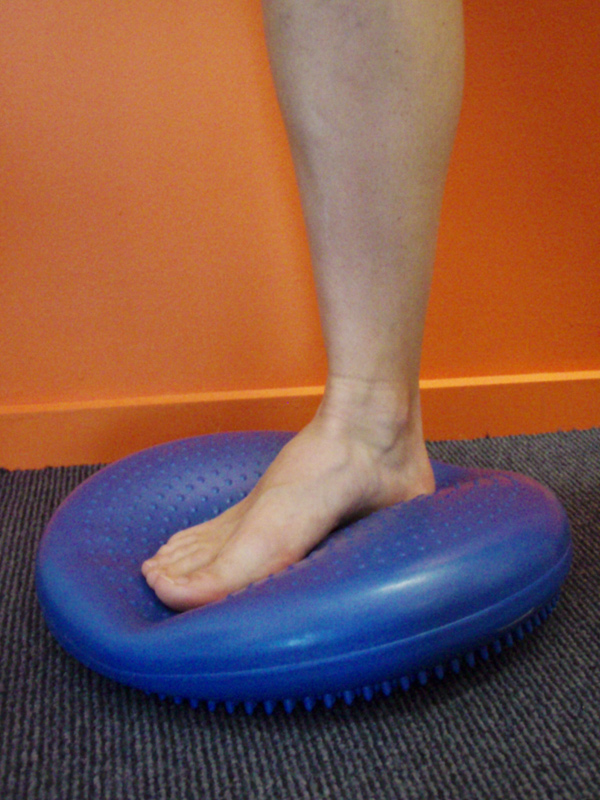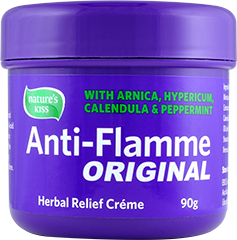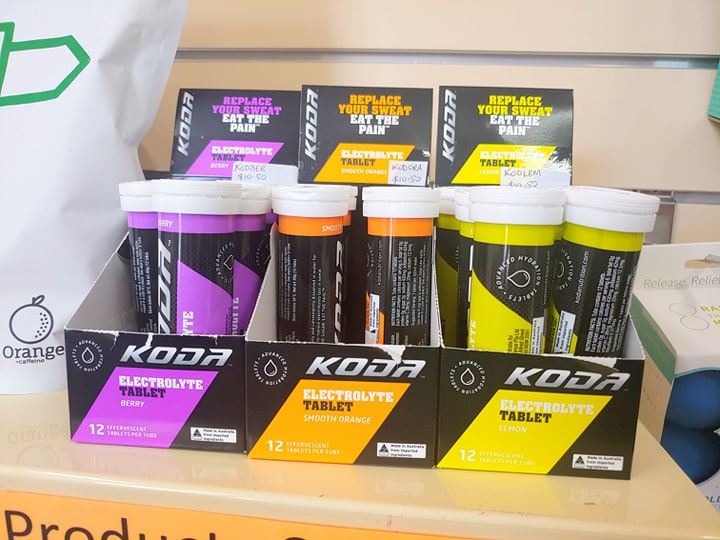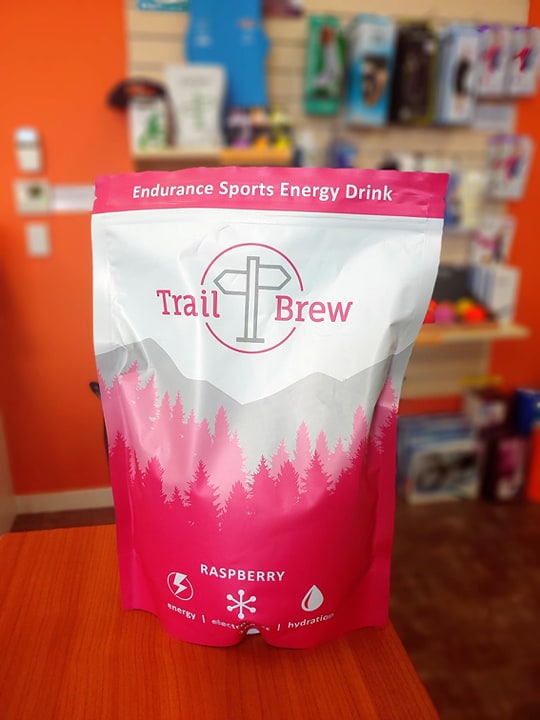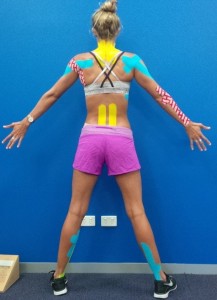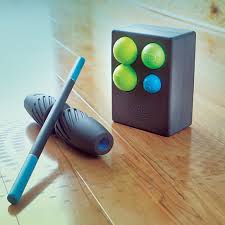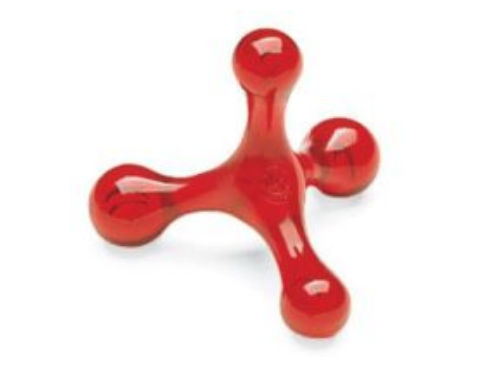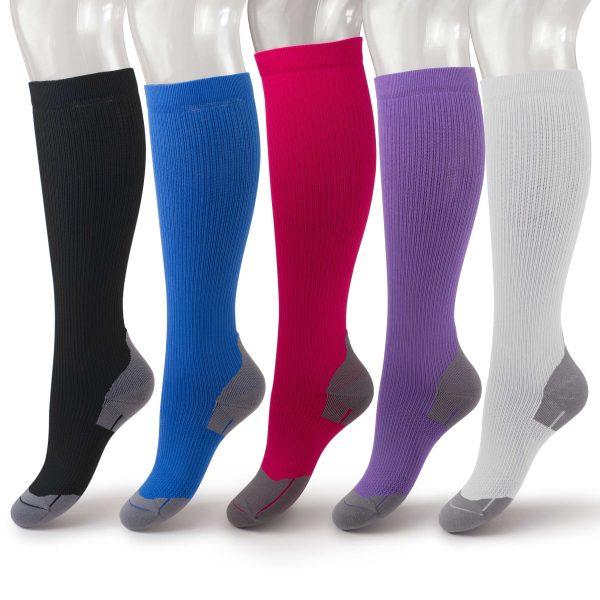By Sports & Exercise Physio & Olympic Physio, Britt Caling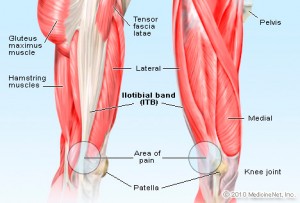
What is the ITB?
The Iliotibial band (ITB) is a thickened sheet of connective tissue (fascia) that originates at the edge of your pelvis/hip and then runs laterally down the outside of your thigh to insert just below your knee.
What is ITBFS?
ITBFS (ITB friction syndrome) is a common running injury that causes pain on the lateral (outside) aspect of the knee. ITBFS occurs as a result of excessive rubbing (“friction”) of the ITB as it runs over the bony prominence on the lateral part of the femur (the lateral femoral epicondyle), or over the small bursa (fluid-filled sac) that sits between the ITB itself and the bone. As the knee is continually flexed (bent) and extended during running the ITB continues to rub over the bone/bursa until it becomes inflamed and painful.
What causes ITBFS?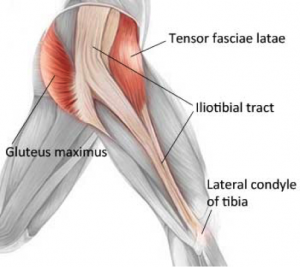 ITBFS is an overuse injury caused by a number of training and biomechanical errors, resulting in the excessive friction of the ITB over the lateral femoral condyle:
ITBFS is an overuse injury caused by a number of training and biomechanical errors, resulting in the excessive friction of the ITB over the lateral femoral condyle:
- Sudden changes to training load or running surface (especially running on cambered roads),
- running shoe changes and
- changes to running technique are all common training errors that may lead to ITBFS.
- Biomechanical issues that may cause ITBFS include weak gluteal muscles, an excessively tight ITB due to muscle or soft tissue tension, potentially an unadjusted leg length discrepancy, and most significantly running technique (particularly where your foot strikes the ground and how your knee and hip are used during your running techniue).
All of the training and biomechanical causes, particularly running technique, can be identified and treated by your physiotherapist.
Symptoms
ITBFS often starts as a stinging/rubbbing/tender sensation on the outer edge of the knee when running. This sensation will progressively become painful and may be on the outer edge of the knee, or just above or below the knee. The pain may not start at the immediate onset of running, but often begins half way through the run and then progressively becomes more painful. As the ITBFS gets worse the pain may persist after activity, or even be painful during activities of daily living.
Pain may be worse on different cambers of surface.
Treatment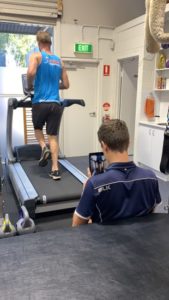 Treatment is firstly aimed at reducing your current symptoms and then secondly addressing the training and biomechanical causes of the ITBFS. Some common treatment techniques include soft tissue release of the ITB, dry needling (a form of acupuncture), taping to de-load the ITB attachment at the knee, biomechanical (video) analysis, and an exercise program to address your specific areas of tightness and/or weakness.
Treatment is firstly aimed at reducing your current symptoms and then secondly addressing the training and biomechanical causes of the ITBFS. Some common treatment techniques include soft tissue release of the ITB, dry needling (a form of acupuncture), taping to de-load the ITB attachment at the knee, biomechanical (video) analysis, and an exercise program to address your specific areas of tightness and/or weakness.
Sometimes a Cortisone injection into the bursa is also warranted for non-resolving pain.
Your physiotherapist will tailor the treatment to best suit your current symptoms and identified causes.
What can Gold Coast Physio & Sports Health Therapists do for ITBFS
The physios at mygcphysio are experts in biomechanical analysis and assessing running technique. After completing a thorough assessment to identify the causes of the ITBFS, they will then assess your running technique to determine any biomechanical related causes. This will then allow them to specifically address your running technique with drills and exercises, as well as hands on treatment tailored to you.
All physio’sat GCPSH are trained and qualified in a form of acupuncture called dry needling which may also aid with your recovery.
We also have a Sports & Exercise Medicine Physician available for Consult in clinic for non-resolving pain that is not settling with this conservative management. Our Physician may order Investigations such as MRI or Xray to ensure the pain is not coming from a different tissue source, and they are able to assess and help decide with your Physio whether a Cortisone may be warranted.
We also hold a Running Technique Clinic once per month to help improve your running mechanics and technique, click here for more information regarding the class.
If you need help with outside Knee pain that you think could be ITB related, phone us on 07 5500 6470 or Book Online to see us and let us help you get back to the exercise and sports you love!

